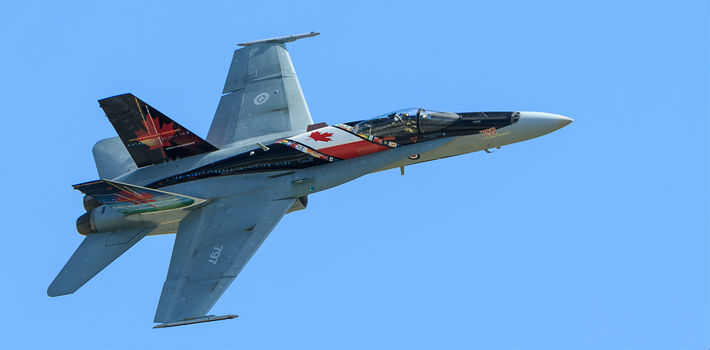U3L2 Foreign Policy and Internationalism
U3L2
Introduction
Key Issue
To what extent can foreign policy promote internationalism?
Questions to consider when studying foreign policy and internationalism:
How do countries set foreign policy?
|
Dictatorships vs. Democracies |
How much does the public influence the Canadian government's foreign policy decisions? Do ordinary voters have enough information to make judgements about foreign policy decisions? Should multilateral corporations have any say in a country's foreign policy? |
In countries with dictators, setting foreign policy is relatively easy because they can make decisions without consulting the people.
With democracies, setting foreign policy is a more complex process that must reflect the beliefs, values and goals of the country's citizens.
Clear foreign policy goals help guide the actions of the government. In 1995, foreign affairs and international trade Canada published a review of the Canadian foreign policy. This report highlighted the importance of setting goals that reflect the values of a country's citizens. It said, "only states with clear objectives, acting on a strong domestic consensus, will be able to deploy significant influence and play an effective role in this new world."
How can states promote internationalism through foreign policy?
| Promoting Peace Peacekeeping and Internationalism International Law and Agreements Foreign Aid and Internationalism |
Should the United Nations have its own permanent army that could be used for peacekeeping and peacemaking? Do competing claims to Arctic sovereignty illustrate the success or failure of internationalism? Should donor countries place restrictions on the way foreign aid money is spent? |
Internationalism is the doctrine (belief) that all members of the global community accept responsibility for challenges that face the world and that the motives of nations must be represented in search of solutions.
Canada signed the Kyoto Protocol, an international agreement to reduce green house gases (a major factor in climate change), but in 2006, Prime Minister Steven Harper backed away and favored the 'made-in-Canada' plan.
Countries can use foreign policies to promote internationalism through peacekeeping, international law and foreign aid.
How does Canadian foreign policy try to balance national interest and internationalism?
| Canada and Peacekeeping Myth or Reality? Trade Priorities The Ottawa Treaty |
Does Canada's position on landmines strike a balance between national interest and internationalism? In a globalizing world, should national interest be the focus of foreign policy? |
Like other countries, Canada tries to develop foreign policy that balances the national interest and internationalism. Building strong relationships with other countries is important, but promoting the interests of Canadian citizens is just as important.
Canadians, and other countries, promote and encourage world peace because peace is what everyone wants; and, it coincides with economic stability.
In 1990 the U.N. imposed economic sanctions on Iraq, the goal was to force dictator Saddam Hussein to cooperate with the U.N. but some believed they were making Iraq uncomfortable and hoping for a rebellion, and excuse to take Hussein out of power.
Canada and other countries sent peace keepers in to try to protect people involved in humanitarian efforts and to carry out agreements reached with the U.N.
Like other countries, Canada tries to develop foreign policy that balances the national interest and internationalism. Building strong relationships with other countries is important, but striking a balance between national interests and internationalism can be difficult. Events such as the September 11, 2001 attaks on the US can change the world unexpectedly.
 |
TERMS economic sanctions collective security gross national income tied aid |